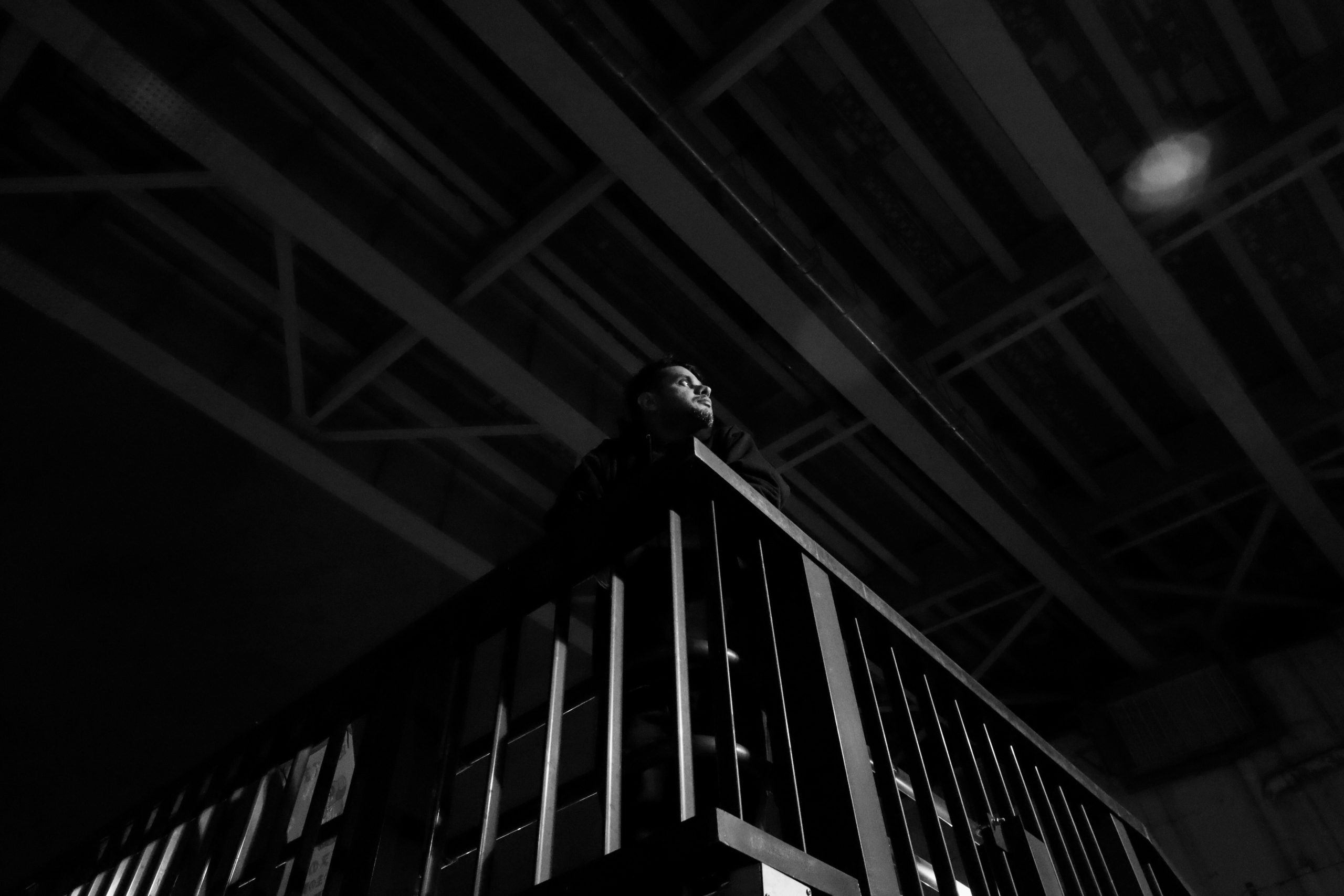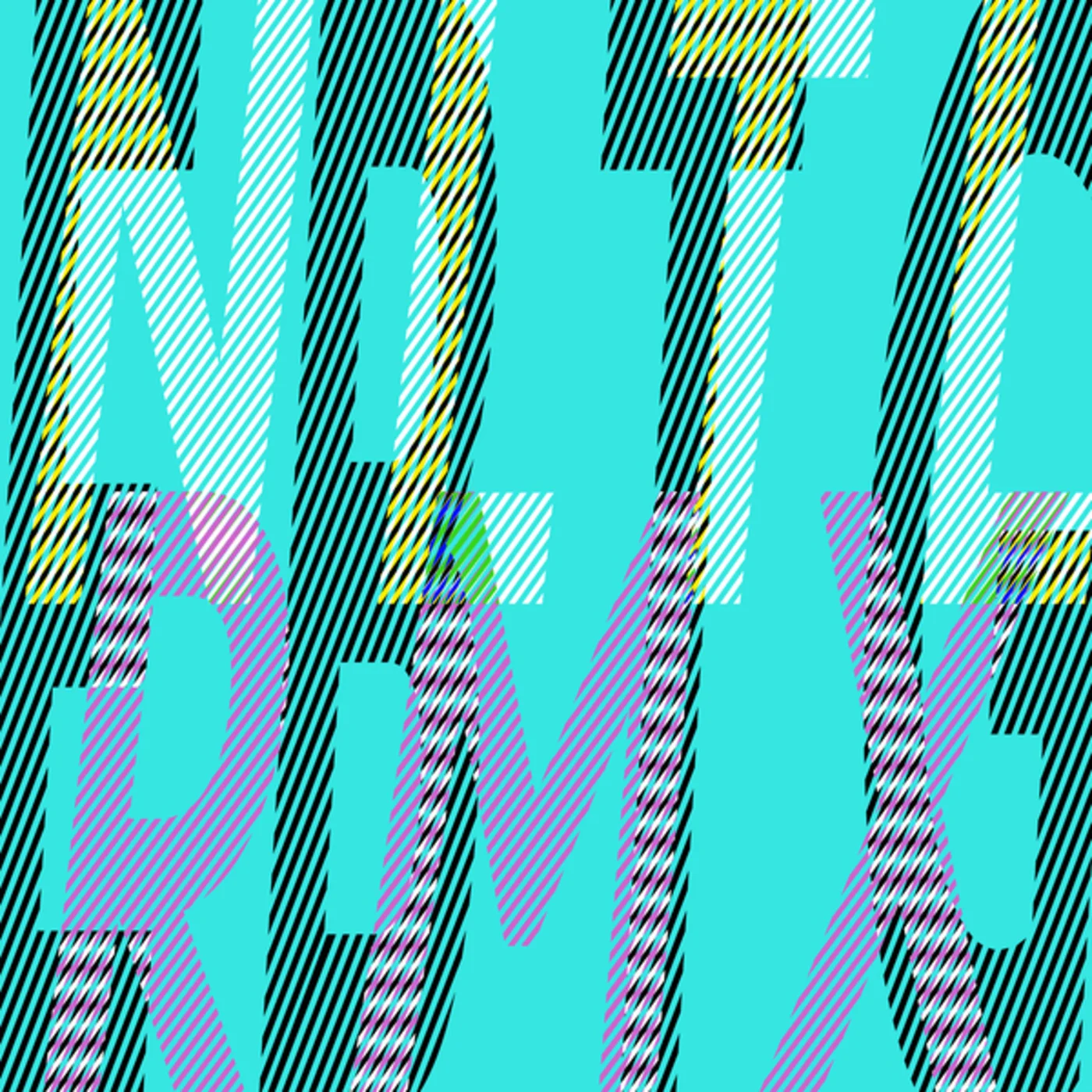Ripatti explores footwork on new album ‘Fun is Not a Straight Line’
Image: Planet Mu
Derived from ghetto house and hip hop, footwork may not be your immediate point of reference when considering the work of Finnish producer Sasu Ripatti, AKA Vladislav Delay and simply, Ripatti. His latest album, Fun is Not a Straight Line, parts with the artist’s conventions in that it is largely informed by this Chicago native sound. Billed as his take on attitude filled underground dance music, Fun is Not a Straight Line is a remarkable departure from Ripatti’s usual minimal techno and ambient distortion abstractions, particularly last year’s forebodingly atmospheric Rakka, and is one which sees the artist finding inspiration in the motifs of footwork and other Chicago dance styles such as hip-hop and bass heavy jackin’ house. This of course is filtered through his experimental point of view to attempt to locate the rhythms of these styles within the paradigm of his signature sound.
It is an exploration that makes sense. Ripatti’s early outputs may draw comparison to the conventions of footwork, with those fast paced experimentations echoing the style in their chopped, layered structure and reliance on bass. It is unsurprising then that Ripatti should see within footwork the potential for abstractions that lean more to his taste. The breakbeat rhythmic patterns of the style lend well to Ripatti’s love for syncopation, and his chopped and screwed approach allows him to extract a wealth of polyrhythms and alternate percussive phrases through innovative layering and looping techniques.
Most of these tracks stutter, with moments looped in such a way that they are extended to the point of becoming the beat of the track itself. speedmemories chops and loops its vocal samples so that they become a metronome around which the other elements arrange themselves. These techniques often tread close to complete madness, creating arrangements that devolve to become anything but, as the album’s title may suggest, linear. Tracks such as 90’s dreams quickly swerve in wildly unexpected directions, evolving its stylistic choices away from its initial proposal before returning to the beginning at the end.
Notably, Ripatti’s take on these black music styles interprets them through a distinctly European air of austerity. The compositions are rigid, angular deconstructions of these forms that sometimes render them unrecognisable as Ripatti pulls elements and rearranges them into raucous, repetitive loop work. Sometimes, his attempts come off a touch platitudinous. For example, the artist’s choice to sample Rick Ross’s Hustlin on everyday reads as an uncalled for attempt to legitimise his adopted aesthetic, but misses the point entirely and comes off as mawkish at best. Similarly, Ty Dolla $ign’s Drop That Kitty makes a cameo on the track videophonekitty, which sounds like Ripatti’s attempt to add some edge to the Charli XCX feature of the original but ends up pulling out most of the fun and by proxy, the swagger.
Fun is Not a Straight Line’s genre experiments work best when Ripatti honours his instincts, as is the case with standout track monolith. Here, he allows the influence of hip hop to guide his practice in a way that finds the rhythms of the genre within Ripatti’s own sonic language. When honing in on his point of view rather than adopting another in order to gaze upon it, the result is the most fun that he’s sounded in all his discography. This is Ripatti at his most shameless and accessible, and a welcome change of pace for one of electronic music’s undeniable innovators.
Fun is Not a Straight Line is available to download here and listen to monolith below.
Follow Ripatti



